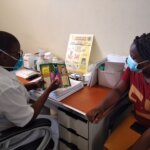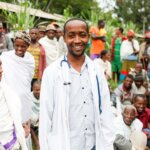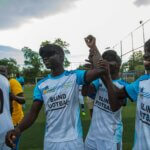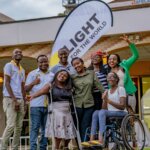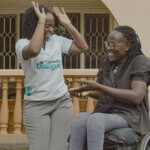- Disability Rights
- Humanitarian Action
Too little medical care, a lack of information and few opportunities to wash hands are the biggest challenges many African countries face during the current COVID 19 (Coronavirus) crisis.
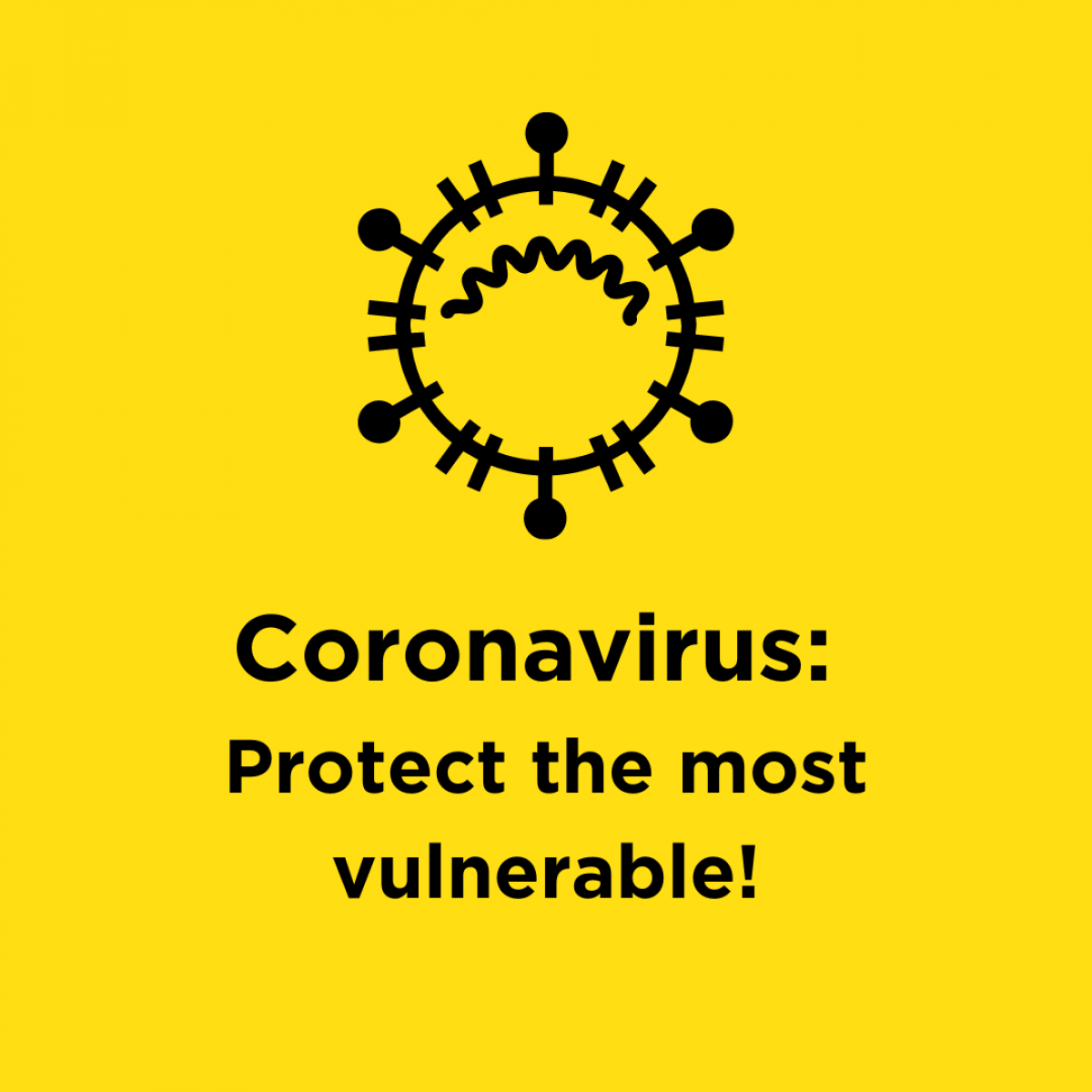
People with disabilities are particularly affected
Light for the World is deeply concerned about the impact on the poorest and most vulnerable people – the women, men and children with disabilities in our project countries. The elderly, with preconditions and/or weak immune systems, are also highly at risk. One must also consider those who are weakened by malnutrition and disabilities. The course of the disease caused by a Coronavirus infection is more severe in this specific population and the mortality rate is also respectively higher. Frequent hand washing with soap and water is one of the most important methods to ensure that infectious diseases, such as the Coronavirus, does not spread. However, according to WaterAid UK, every sixth healthcare facility worldwide does not have enough soap and water for doctors, nurses and patients to wash their hands. The poorest of the poor have no access to clean water.
Lack of information and medical care
We know that people in low-income countries, in particular people with disabilities, obtain too little information about catastrophes and pandemics. This was proven last year when cyclone Idai ripped through Mozambique.
In general, access to medical care is severely restricted in many African countries. Currently, there are also hardly any tests available which can confirm a Coronavirus infection. Spreading information for people with disabilities is important and it must also be made accessible in corresponding formats for the blind or deaf. Measures taken by health systems must be inclusive and take into account the communicative, physical and cultural barriers which people with disabilities face.
Light for the World has been working for a long time with infectious diseases
Light for the World has had many years of experience in the fight against neglected tropical diseases as well as other diseases in Africa. The principles behind the strategies that combat these diseases closely resemble the guidelines put into place to fight the Coronavirus: frequent hand washing; avoiding direct contact with people who have been infected; frequently washing of clothes; comprehensive and accessible information for the population.
